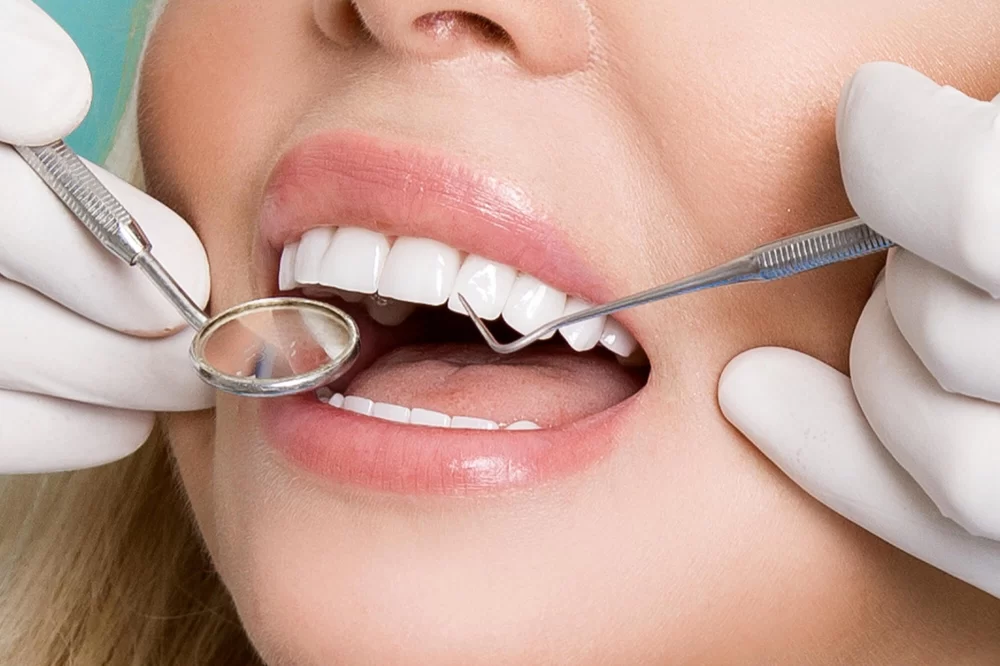
Essential Oral Hygiene Practices for Seniors: Tips for Healthy Teeth
Understanding the Importance of Oral Hygiene for Seniors
As we age, maintaining good oral hygiene becomes increasingly important. Senior oral health can have a profound impact on overall well-being, including nutrition, speech, and confidence. When I think back to my own experience caring for my elderly parents, it became clear that dental health wasn’t just about brushing; it was about establishing a comprehensive routine that addressed the unique challenges of aging. In this article, I’ll share my journey and essential oral hygiene practices for seniors that can help preserve their smiles and quality of life.
Challenges of Oral Hygiene for the Elderly
As we get older, a few things start to change in our mouths. For seniors, oral hygiene isn’t always as simple as it once was. One of the most common issues I’ve observed with older adults is dry mouth, which can be a side effect of medications. This condition significantly increases the risk of cavities and gum disease. Additionally, seniors may experience weakened enamel, loss of teeth, or gum recession. These problems demand extra attention when it comes to oral care.
1. Brush Twice a Day, but Use the Right Technique
The first step in any senior’s oral hygiene routine should be proper brushing. I can’t stress enough how important it is to use a soft-bristled toothbrush and fluoride toothpaste to avoid damaging sensitive gums. I found that it was helpful to remind my parents to brush for at least two minutes, twice a day—morning and night. Make sure to reach all areas, including the back teeth and the gum line, where plaque tends to build up. A gentle, circular motion is best. Using an electric toothbrush can also make the process easier and more effective, especially for seniors with limited dexterity.
2. Don’t Skip Flossing: A Must for Gum Health
Flossing is another critical practice that many seniors tend to overlook. But I learned that it’s vital for preventing gum disease and tooth decay. For those with arthritis or limited hand mobility, flossing can be a challenge. A great solution is to use floss holders or dental tools specifically designed to make the process easier. Encouraging seniors to floss at least once a day can help remove food particles and plaque between teeth, where a toothbrush can’t reach.
3. Regular Dental Check-Ups Are Crucial
I cannot emphasize enough how important it is to schedule regular dental visits. Seniors should visit the dentist at least twice a year, or more often if recommended by their dentist. These visits aren’t just for cleanings—they provide an opportunity to catch issues early, such as gum disease, tooth decay, or even oral cancer. My parents’ dentist regularly checked for early signs of gum disease and recommended professional cleanings to keep their teeth and gums in good shape. Preventative care is key to avoiding serious complications later on.
4. Stay Hydrated to Prevent Dry Mouth
Dry mouth is an issue many seniors face, especially if they take multiple medications. Without enough saliva, the mouth becomes dry, increasing the likelihood of cavities, bad breath, and gum problems. I found that encouraging my parents to drink plenty of water throughout the day helped combat this. Additionally, sugar-free gum or saliva substitutes can help stimulate saliva production and keep the mouth moist. It’s a small change that can make a big difference in oral health.
5. Choose Healthy Foods for Stronger Teeth
The link between diet and oral health is something I’ve always believed in. For seniors, eating a balanced diet full of fruits, vegetables, and whole grains not only supports overall health but also promotes healthy teeth. Crunchy vegetables like carrots and celery can actually help clean teeth naturally and stimulate saliva production. Calcium-rich foods such as milk and cheese help strengthen teeth, while limiting sugary snacks can prevent cavities. I always encourage my parents to follow a tooth-friendly diet, which plays a huge role in maintaining their oral health.
6. Use Mouthwash to Enhance Oral Hygiene
Incorporating mouthwash into a senior’s oral hygiene routine can be an excellent way to reduce bacteria and freshen breath. I always recommended my parents use a mouthwash containing fluoride to help protect against cavities, or an antibacterial mouthwash to fight gum disease. It’s an extra step, but it’s an easy one that adds value to their overall dental health regimen.
7. Consider Dentures or Implants If Necessary
For some seniors, tooth loss is inevitable, and that’s where dentures or dental implants come in. It can be difficult for seniors to adapt to wearing dentures, but with the right care, they can last for years. Regular cleaning of dentures and implant maintenance are important to avoid infection and discomfort. If you or your loved one needs dentures, make sure to consult with a dentist who can help customize the fit and offer care instructions specific to their needs.
8. Educate and Empower Seniors About Oral Health
One of the most powerful things I did for my parents was educate them on the importance of oral hygiene. Seniors often don’t realize the connection between oral health and overall well-being, but it’s a crucial conversation to have. Empowering seniors with knowledge about proper oral hygiene can lead to healthier, happier lives. If you’re caring for an elderly loved one, consider sitting down with them and going over their dental care routine. It’s important to involve them in the process so they feel confident in maintaining their own oral health.
Conclusion: A Little Care Goes a Long Way
When it comes to senior oral health, small changes can make a big impact. The key is consistency and creating a routine that addresses the unique challenges seniors face. From brushing and flossing to regular dental visits and proper hydration, every step counts in keeping teeth and gums healthy. I’ve seen firsthand how seniors who maintain good oral hygiene feel better and experience fewer dental issues. By following these simple practices, seniors can enjoy a lifetime of healthy smiles and improved quality of life.







 Community Health Centers4.0 (206 review)
Community Health Centers4.0 (206 review)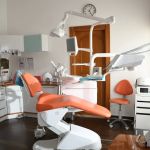 Hawthorne Dental Associates5.0 (463 review)
Hawthorne Dental Associates5.0 (463 review)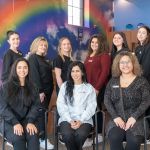 The Pediatric Dental Group Milford4.0 (655 review)
The Pediatric Dental Group Milford4.0 (655 review)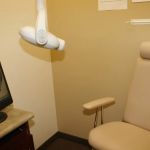 La Verne Dental Group4.0 (220 review)
La Verne Dental Group4.0 (220 review)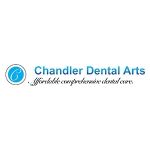 Chandler Dental Arts4.0 (715 review)
Chandler Dental Arts4.0 (715 review) University of the Pacific, Arthur A. Dugoni School of Dentistry3.0 (261 review)
University of the Pacific, Arthur A. Dugoni School of Dentistry3.0 (261 review) The Importance of Oral Health Education During Pregnancy for a Healthy Pregnancy
The Importance of Oral Health Education During Pregnancy for a Healthy Pregnancy Best Tips for Brushing Your Teeth Properly for Healthy Gums: Essential Techniques for Oral Health
Best Tips for Brushing Your Teeth Properly for Healthy Gums: Essential Techniques for Oral Health Why Skipping Dental Checkups Can Lead to Bigger Oral Health Problems
Why Skipping Dental Checkups Can Lead to Bigger Oral Health Problems Advantages of Porcelain Dental Restorations
Advantages of Porcelain Dental Restorations How Can Diabetes Cause Tooth and Gum Problems? Preventing and Managing Oral Health Issues
How Can Diabetes Cause Tooth and Gum Problems? Preventing and Managing Oral Health Issues Healthy Habits for Promoting Good Oral Health and Hygiene: Tips for a Healthy Smile
Healthy Habits for Promoting Good Oral Health and Hygiene: Tips for a Healthy Smile